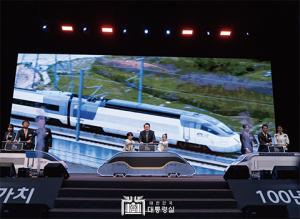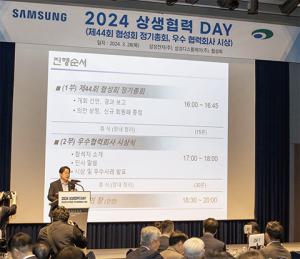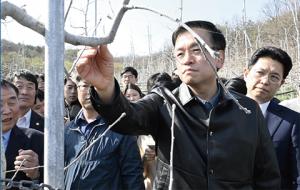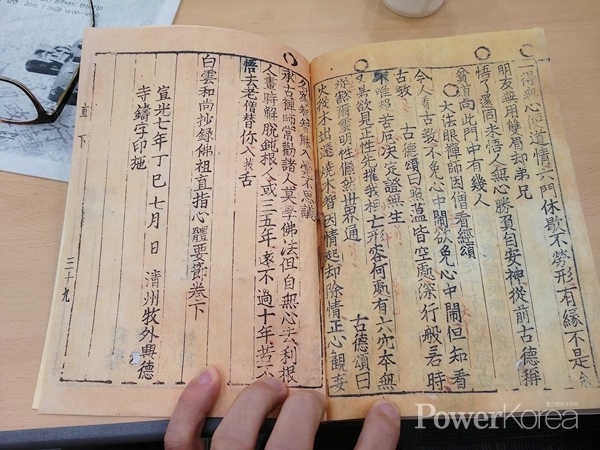 |
According to historian E.H.Carr, history is a continual process of interaction and a dialogue between the historian in the present and the facts of the past and the relative weight of individuals and social elements on both sides of the equation.
Let us look at one thing. Qing dynasty and the United Kingdom made war twice: one in 1840 and another in 1856. There was no country called China then. China appeared after the 1911 Revolution. History records the two wars as the first Opium Wars and the second Opium Wars or the first Chinese-British War and the second Chinese-British War. The question is why not call it Qing-British War? A historian says nobody has called it like that before and we do not know why. We might guess that the wars were so important to decide future course of China and named it as such. Names of wars are usually recorded by after era historian depending on how they interpret the events. If histories bring up why it should be called Qing-British War with the foundation and proof, the name can be changed as claimed.
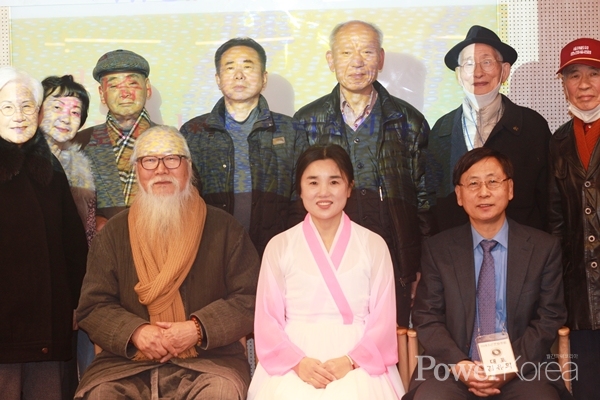 |
Future Heritage Forum professor Kim Yu-hee sees this naming as Korean historians are still lingering on the Japanese colonial view of history because there is no argument or verification about the rationalization of the wars. This colonial view of history not only remains in the case but also in history books in South Korea. Japan still asserts Korea’s modernization was built on Japan’s colonial rule. This distortion of history is but sad for Koreans.
“History must be written based on freedom of writing, consistency and objectivity. This is important for our offspring who must learn right names for each historical event and Korean historians should give some thoughts about the matter” says Kim.
In the year 2021, Future Heritage Forum is to go a corporation aggregate, publish Chunbugyeong in Chinese, organize history tours and hold a prayer ritual for Great Monk Wonhyo and King Munmu of Silla.
지윤석 기자 jsong_ps13@naver.com

